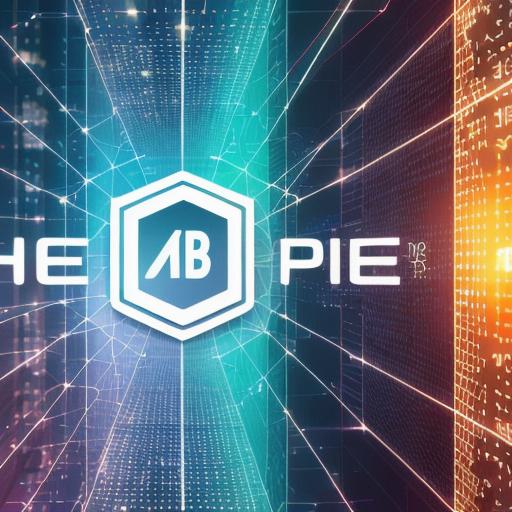Web3, also known as decentralized web or dweb, is a next-generation version of the internet that promises to put more control back in the hands of users and developers. With the potential to generate up to $6 trillion in value over the coming years, it’s clear that Web3 is poised to change the way we interact with technology.
What is Web3?
At its core, Web3 refers to a decentralized version of the internet that is built on blockchain technology. Unlike centralized systems where data and control are concentrated in the hands of a few large corporations, Web3 allows for greater decentralization and peer-to-peer interactions. This means that users have more control over their own data, and developers have more freedom to create and innovate without relying on intermediaries.
The Benefits of Web3

One of the main benefits of Web3 is its potential to increase security and privacy for users. Since data is stored in a decentralized manner, it is much harder for hackers to compromise the system. Additionally, since users have more control over their own data, they can choose to share or withhold information as they see fit.
Web3 also has the potential to increase efficiency and reduce costs. By cutting out intermediaries and enabling direct interactions between users and developers, Web3 can help to streamline processes and reduce transaction costs. This is especially important for industries like finance and supply chain management, where intermediaries often add significant value to transactions.
Case Studies in Web3

One example of a company that is already using Web3 technology is Filecoin. Filecoin is a decentralized file storage platform that uses blockchain technology to enable secure and efficient file sharing between users. By cutting out intermediaries like Dropbox or Google Drive, Filecoin has been able to reduce costs and increase security for its users.
Another example is IPFS (InterPlanetary File System), a content distribution network that uses blockchain technology to enable peer-to-peer sharing of data. By enabling direct interactions between users, IPFS has been able to reduce the time and cost associated with downloading files from centralized servers.
The Future of Web3
It’s clear that Web3 is still in its early stages, but it’s already having a significant impact on the world around us. With the potential to generate up to $6 trillion in value over the coming years, Web3 is poised to change the way we interact with technology and each other.
However, as with any new technology, there are also challenges that need to be addressed. One of the main challenges is the lack of standardization and interoperability between different blockchain platforms. This makes it difficult for developers to build applications that can work across different systems, which is a major barrier to adoption.
Another challenge is the need for greater user education and awareness about how Web3 works and what it can do. While many people are excited about the potential of Web3, there are still many who don’t fully understand how it works or why it matters.
Conclusion
In conclusion, Web3 has the potential to revolutionize the internet by putting more control back in the hands of users and developers. With the potential to generate up to $6 trillion in value over the coming years, Web3 is poised to change the way we interact with technology and each other. However, as with any new technology, there are also challenges that need to be addressed if we want to fully realize the potential of Web3.
FAQs
1. What is Web3?
Web3 refers to a decentralized version of the internet built on blockchain technology.
- How does Web3 work?
Web3 allows for greater decentralization and peer-to-peer interactions, enabling users to have more control over their own data and developers to create and innovate without intermediaries. - What are the benefits of Web3?
The benefits of Web3 include increased security and privacy for users, as well as greater efficiency and reduced costs by cutting out intermediaries. - Who is already using Web3 technology?
Companies like Filecoin and IPFS are already using Web3 technology to enable secure and efficient file sharing and data distribution.
